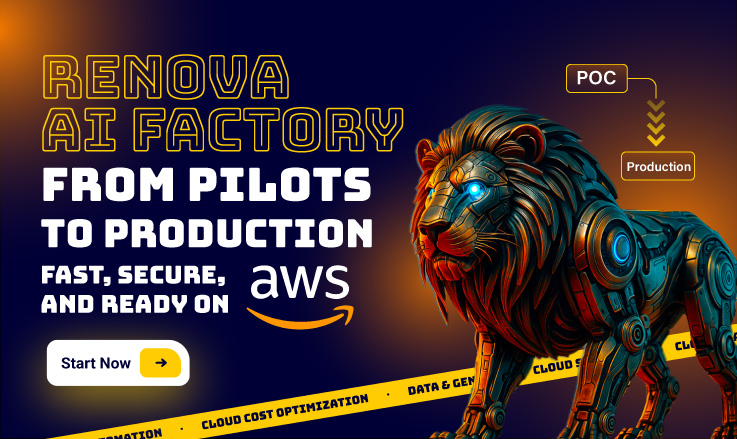
OUR (EXPERT’S) BEGINNER’S GUIDE TO AI: WHERE TO START AND WHAT TO KNOW

Samira Kabbour
CMO
Table of Contents
Artificial intelligence is undoubtedly the leading force for digital disruption, and businesses should prepare for it now. Everyone can see and feel the real-life applications of AI form some early-adopting companies, making it vital for others to quicken their adaptations and transformations to ensure that they remain competitive in the market.
Some technologies that are the frontiers of the revolution include: robotics, computer vision and image processing, natural language understanding and generation, and deep learning — and are at the central part of many other improvements in other AI technologies.
Related investments are also increasing rapidly, controlled by corporate giants such as Facebook, Google, Amazon, and Uber. Moreover, venture capital activity, government grants, and seed investments also multiplying.
Machine learning, which is an empowering technology and the essence of most AI innovations, is receiving the most significant share of the expenditure.
Interestingly, Artificial Intelligence usage outside of technology corporates is at an immature (often preliminary) stage and only a few companies have utilized any AI-driven technologies at scale as a center of their business.
Companies at the top of digitalization, like telecommunications or financial services, are the frontier and currently have the highest investment attraction. For instance, car makers employ AI to produce self-driving vehicles, and financial firms are assumable to apply it to customer experience–related functions.
Evidence implies that AI can bring real value to adopters; early adopters, in particular, who merge robust digital capabilities with proactive tactics have more significant profit margins. It is expected that the execution gap will continue to widen.
Artificial Intelligence is very dependent on digital infrastructure, and it must be trained on a unique form of data — this means that there aren’t many shortcuts. So, for a successful program, businesses should not delay starting their digital and analytics transformation. A starting point for this is establishing the relevant business cases, creating the appropriate data ecosystem, acquiring proper AI tools, and adjusting workflow, capacities, and culture.
Most importantly, those with authority are essential enablers and drivers of smooth and continuous data access — transforming AI’s potential into a genuine business opportunity requires strong leadership at all levels of the organization, for companies, developers, and governments alike.
As such, the digital skills of individuals from the top to the bottom of organizations will need to be refined to work with Artificial Intelligence as a natural inevitability and evolution of our future world of business. And, arguably more importantly, adjustments to critical infrastructure should be thought through early enough so as to create ethical, legal and regulatory practices that facilitate productive and efficient Artificial Intelligence usage, rather than holding it back.
Renova Cloud to present our CEO talk – How to unlock potential of AI and Machine Learning for SMEs for your further reference:
[embeddoc url=”https://renovacloud.com/wp-content/uploads/2018/01/Event-Overview_Security-2018.pdf” download=”all”]


